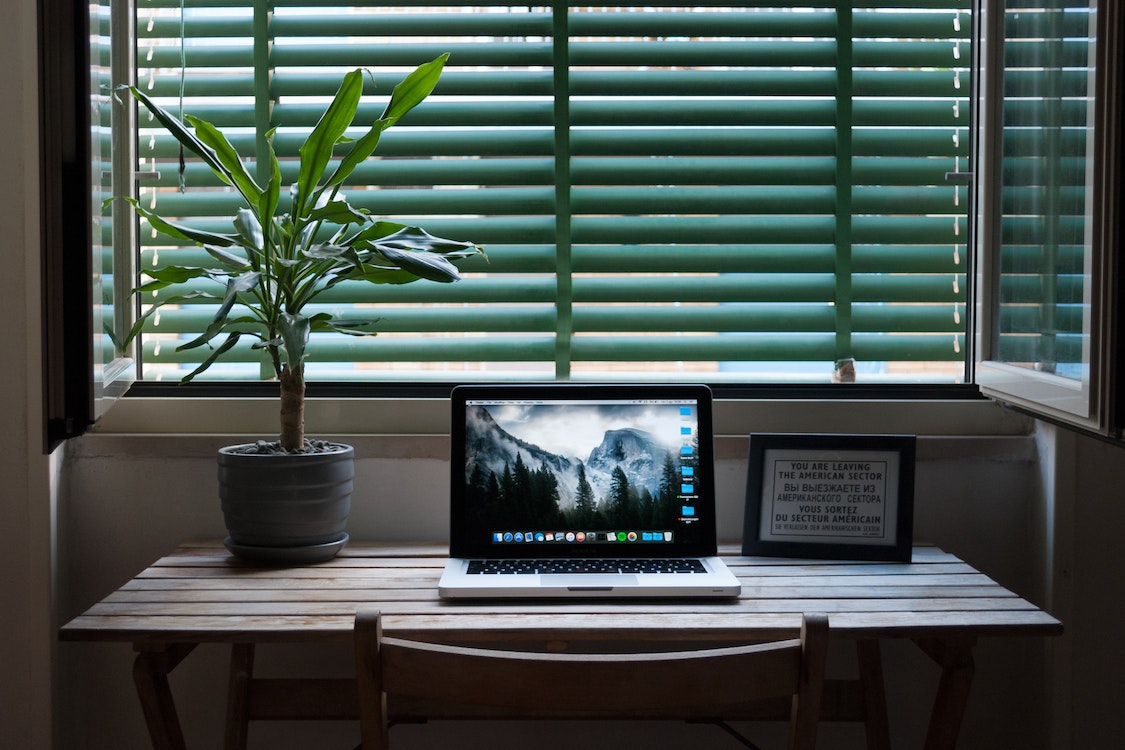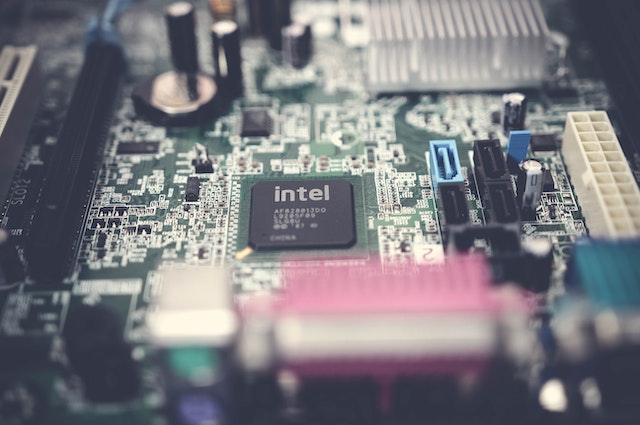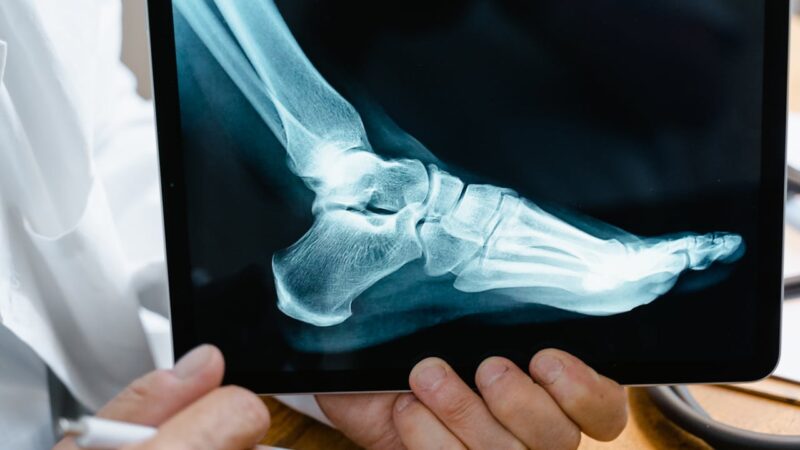The Ultimate Guide to Buying a Laptop in the US

Finding the ideal laptop can be daunting; whether it be typing an essay in college class or streaming movies at home. Finding a device suitable to both your needs and budget can be difficult, however.
Laptops come in all shapes and sizes. From slim models designed to maximize portability to ultrathin systems packed with power, laptops offer you options that meet all of your needs. Our buying guide can help you select the appropriate one.
What to Look For
When purchasing a laptop, there are numerous factors that must be taken into account. Budget, purpose and usage considerations all need to be factored in, so as to narrow your options down further and eliminate those which do not suit your needs.
There is an assortment of laptops on the market today, ranging from 2-in-1 devices and ultrabooks to traditional laptops with more ports than those two devices offer. Ultrabooks tend to be thinner and lighter, providing users with options such as having no DVD drive.
Processors are at the core of every laptop. A faster processor makes multitasking simpler and gaming smoother; for optimal results, look for Intel “Core” processors comparable to desktop CPUs; but there are still good laptops out there featuring AMD Ryzen processors that may provide greater power.
If you need to do extensive image or video editing, look for a laptop equipped with a discrete graphics processing unit (GPU). These units are separate from the CPU and much more powerful; however, for most users integrated GPUs will suffice.
Outside of its processor and GPU specs, you should also look for a laptop with a widescreen display to give yourself more vertical screen real estate for Web browsing and document viewing. In-plane switching (IPS) displays produce superior colors while offering more viewing angles; you should also select one with matte finishes to reduce glare and reflections.
Processors

At the core of every laptop lies its Central Processing Unit or CPU. This component performs many important tasks including opening programs, crunching numbers and managing an operating system; as well as how efficiently you browse the web, play games or create graphics – making its selection one of the key considerations when shopping for new models.
An efficient CPU can help you complete more work in less time, but higher-wattage processors may reduce battery life significantly. Therefore, it is crucial that you select one that suits both your needs and your budget.
Intel and AMD are two primary laptop processor manufacturers, each offering various model types. To find your specific chip’s details, look for its brand name followed by a hyphen and number. The first number indicates generation; 11th generation Intel Core chips feature an 11th designation while older ones may use 10, 8, 6, or 4 (with 4 being indicative of power consumption).
Consider choosing a laptop equipped with AMD A8, FX or E series processors; they provide great value for your money and are suitable for everyday web surfing and media viewing. Ryzen processors from this company have recently gained prominence and are often seen as rivaling Intel’s top models.
For advanced computing tasks like video or photo editing, consider purchasing a laptop equipped with an Intel Core i5 CPU. Its powerful performance will handle even demanding software without lag or freezing; for those willing to spend more, Core i7 models offer even greater capability – they could do virtually everything a computer user could ever imagine!
Graphics Card
When purchasing a laptop, there are several important considerations. While operating system is certainly important, other components to check include screen, ports and the graphics card – each play an essential part in how effective your machine will function.
As long as you’re not an extreme gamer or video editor, most laptop processors now include integrated graphics processing. But if gaming or running demanding software are on your agenda, a discrete GPU may be best.
Nvidia GPUs seem to dominate laptop graphics cards these days, so if you’re shopping for a gaming laptop with dedicated graphics chips, your attention should primarily focus on them. But keep in mind that AMD mobile Radeon chips offer comparable performance options as Nvidia products.
Keep in mind that laptop GPUs are typically smaller than their desktop counterparts, which may reduce performance by 5-20%. Nvidia mobile GPUs tend to command the highest price tags; AMD laptops with decent graphics cards can often be found for less. Nvidia GeForce RTX 3080 GPUs offer fast performance while thin and light laptops. If this option is out of your budget range, Nvidia GTX 20-series chips could also provide excellent options.
Storage
Free government laptops are powerful computers designed for portability. From surfing the web and typing up reports, to playing some of the best PC games available today, a laptop provides powerful functionality and utility that desktops simply can’t match. As more powerful components are made smaller and lighter, laptops are increasingly becoming the go-to choice both professionally and personally.
Finding the ideal laptop can be challenging. There are multiple factors to take into account when making this choice – including budget, operating system preference and technical specifications such as screen resolution and battery life. And for newcomers to this arena, the variety can be even more intimidating!
Consumers considering purchasing a laptop need only consider which operating system they prefer – Windows or Mac OS X, for instance – when making their choice. Other buyers might prioritize battery life or how many ports it offers as factors.
Once you have narrowed down your choices, it’s important to carefully consider your storage options. Most laptops should come equipped with at least a 1TB hard drive or SSD (solid-state drive), but if you plan on storing large video or photo files locally, additional space may be needed.






